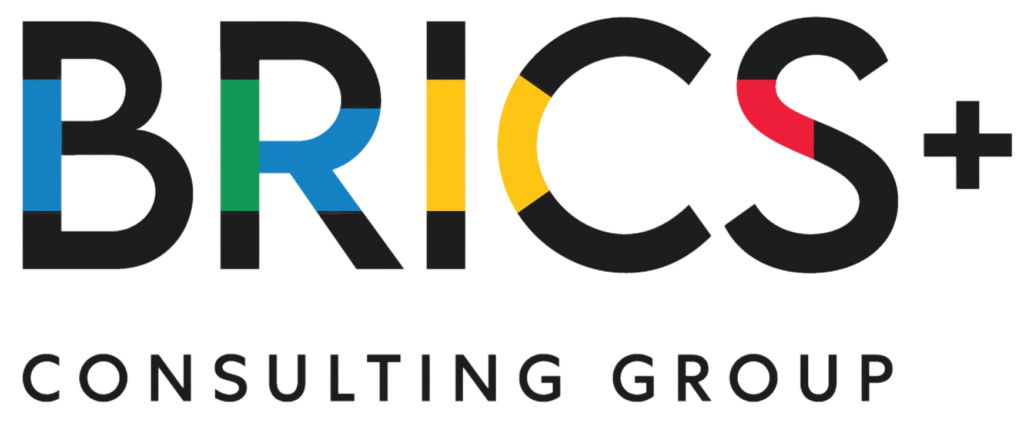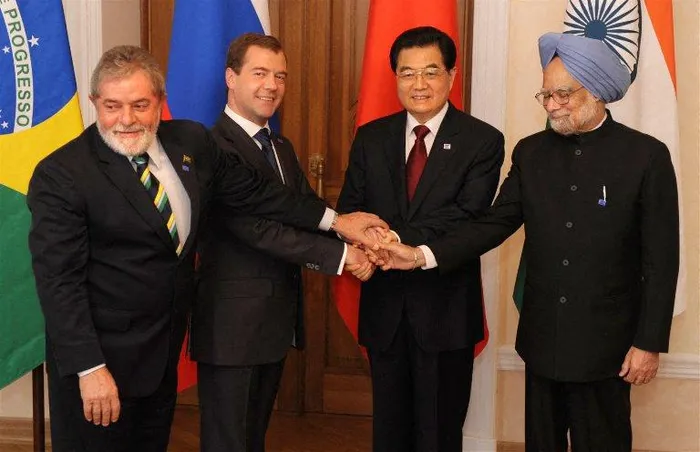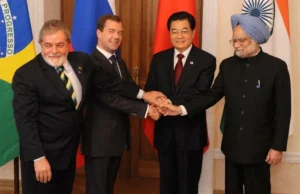Russia’s pharmaceutical market offers a wealth of untapped potential, particularly for countries in the Global South, BRICS nations, and strategic partners like Iran. As the industry evolves, aligning with Russia’s ambitious goals and navigating its challenges could yield substantial benefits for all stakeholders.
In 2023, the Russian pharmaceutical market was valued at approximately $27.9 billion and is projected to grow to $30.3 billion in 2024. This growth, though modest, underscores Russia’s resilience in the face of global disruptions. For BRICS and Global South countries, partnering with Russia presents an opportunity to leverage its expanding market while addressing their own healthcare needs.
The increasing focus on localized production and reduced import dependence aligns with many developing nations’ goals of fostering self-reliance. Russia’s push to ensure that 66.6% of drugs consumed domestically are produced locally by 2030 creates room for collaboration in technology transfer, joint ventures, and supply chain integration.
One of the most promising areas for collaboration lies in the burgeoning e-commerce sector. In 2023, online pharmacy sales accounted for 12.7% of total market revenue, equating to $2.43 billion. Platforms like Apteka.ru have demonstrated the viability of digital healthcare solutions, an area where BRICS and the Global South could exchange expertise. With the growth of digital health initiatives globally, collaborating on e-commerce platforms could increase access to essential medicines, reduce costs, and improve healthcare delivery in underserved regions.
Iran, as a prominent member of the Global South and a key partner of Russia, stands to benefit significantly from deeper pharmaceutical collaboration. Both nations share the challenge of mitigating the impact of Western sanctions, which have hindered access to high-tech drugs and global supply chains. Joint ventures in pharmaceutical manufacturing and research could enhance both countries’ capacities while creating affordable alternatives for other BRICS nations and the Global South.
Iran’s well-established pharmaceutical sector, which already produces over 97% of its drugs domestically, complements Russia’s goal of reducing its dependence on imports. By combining resources, expertise, and distribution networks, the two nations could create a robust framework for pharmaceutical innovation and export to emerging markets.
As BRICS seeks to strengthen its collective influence, the pharmaceutical industry represents an ideal sector for fostering economic cooperation. The establishment of a BRICS-focused pharmaceutical fund or joint research initiatives could help bridge gaps in drug accessibility and affordability. Russia’s ambitions to boost pharmaceutical exports to $3.4 billion by 2030 align seamlessly with BRICS goals of reducing dependency on Western pharmaceutical giants.
Moreover, the public sector’s growing emphasis on reimbursed drugs and orphan drug production highlights opportunities for collaboration in developing treatments for rare diseases. By pooling resources and expertise, BRICS nations could lead in this specialized area, addressing unmet healthcare needs in their respective regions.
While opportunities abound, Russia’s pharmaceutical market faces notable challenges, including a sharp decline in foreign-sponsored clinical trials and heavy reliance on generics. BRICS nations, along with Iran, could help mitigate these issues by fostering research partnerships and investing in high-tech drug development. Such collaborations would not only enhance Russia’s capacity to innovate but also create pathways for affordable access to advanced medicines across the Global South.
Geopolitical factors also position Russia’s pharmaceutical market as a strategic asset for the Global South. Amid increasing global polarization, aligning with Russia allows BRICS nations and other emerging economies to reduce their dependence on Western-dominated pharmaceutical supply chains. This alignment would also foster a multipolar world order, promoting equity in global health governance.
For Iran, in particular, the opportunity to partner with Russia offers a means to counteract sanctions and enhance its healthcare system. Joint initiatives could focus on producing affordable medicines for regional and international markets, further solidifying their roles as key players in the Global South.
The future of Russia’s pharmaceutical market holds immense potential, not only for the nation itself but also for BRICS and Global South partners. By embracing collaboration, these nations can collectively tackle healthcare challenges while driving economic growth and innovation. Strategic partnerships with Iran could serve as a blueprint for successful cooperation, demonstrating the power of unity in overcoming global challenges.
As BRICS nations deepen their cooperation and prioritize sectors like pharmaceuticals, the global south could witness a new era of accessible, equitable healthcare. Russia’s evolving pharmaceutical industry, with its emphasis on localization, innovation, and e-commerce, stands as a beacon of opportunity for all.








